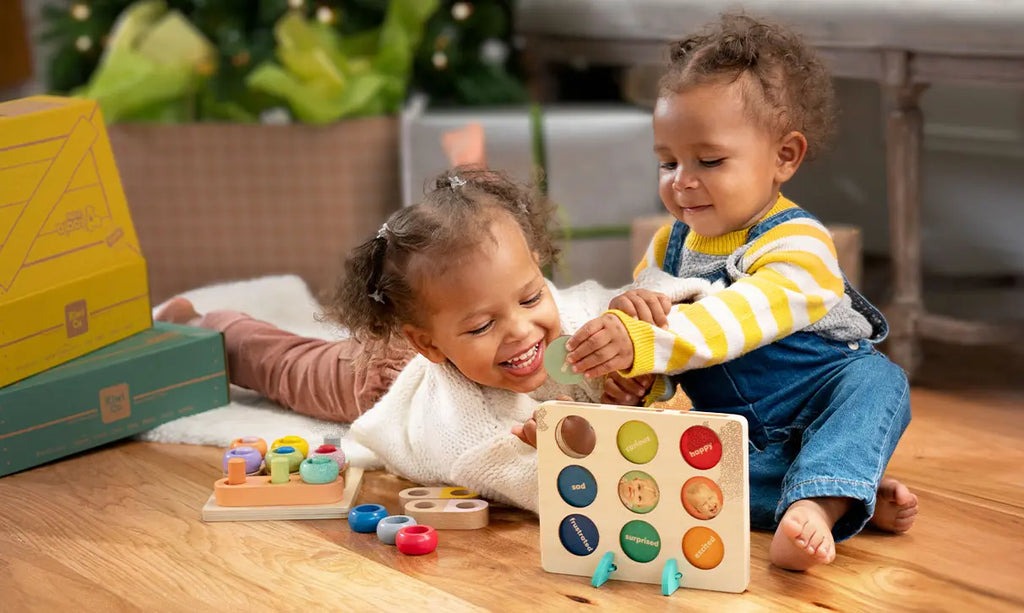
The Joy and Importance of Kids’ Toys in Childhood Development
Toys are more than just colorful objects that keep children entertained—they are essential tools that play a crucial role in a child’s growth and development. From stimulating creativity to teaching social skills, the right toys can make learning fun and engaging while also building important life skills mainasik. In today’s world, the range of kids’ toys available is vast, offering something for every age, interest, and stage of development.
Why Toys Matter
During early childhood, play is a child’s primary way of exploring the world. Toys serve as instruments through which children develop physically, emotionally, and cognitively. For example:
-
Educational Toys: Blocks, puzzles, and counting games help children learn basic math, problem-solving, and spatial awareness. Toys like alphabet games or interactive books encourage literacy and language development.
-
Creative Toys: Art supplies, building sets (like LEGO), and pretend-play items (like dollhouses or kitchen sets) stimulate imagination and creativity. These toys often allow kids to express emotions and invent scenarios, helping them develop storytelling and emotional regulation skills.
-
Physical Activity Toys: Bicycles, balls, jump ropes, and ride-on toys encourage physical movement, coordination, and strength. These types of toys promote an active lifestyle from a young age.
-
Social and Emotional Learning: Board games, action figures, and group play toys teach children about taking turns, cooperation, and empathy. Playing with others allows kids to practice communication and develop friendships.
Choosing the Right Toys
With so many options available, selecting the right toys can be overwhelming. Here are a few tips for parents and caregivers:
-
Age Appropriateness: Always check the recommended age range on the packaging. Toys designed for older kids may be unsafe for toddlers due to small parts, while overly simple toys may bore older children.
-
Safety First: Look for toys made from non-toxic materials and ensure there are no sharp edges or choking hazards. Reputable manufacturers usually follow safety guidelines, so it’s wise to buy from trusted brands.
-
Educational Value: While fun is important, toys that also promote learning and skill development are often more beneficial in the long run.
-
Open-Ended Play: Toys that can be used in multiple ways (like building blocks or craft supplies) tend to engage kids longer and promote deeper learning and creativity.
The Role of Technology
In recent years, tech toys have become increasingly popular. While interactive apps, robots, and learning tablets can offer valuable educational experiences, it’s important to balance screen time with traditional hands-on play. Children benefit most when technology is used alongside active, imaginative play—not as a replacement for it.
Conclusion
Kids’ toys are not just about fun—they are powerful tools that help shape a child’s future. From boosting brain development to teaching essential life skills, the right toys support all areas of a child’s growth. By choosing toys wisely and encouraging a variety of play experiences, parents and caregivers can make a meaningful impact on their child’s early years—turning playtime into a foundation for lifelong learning.